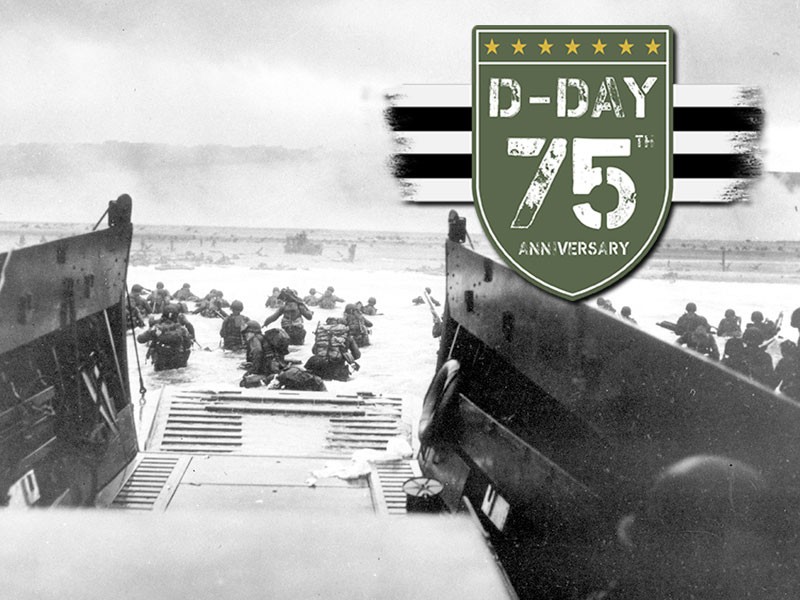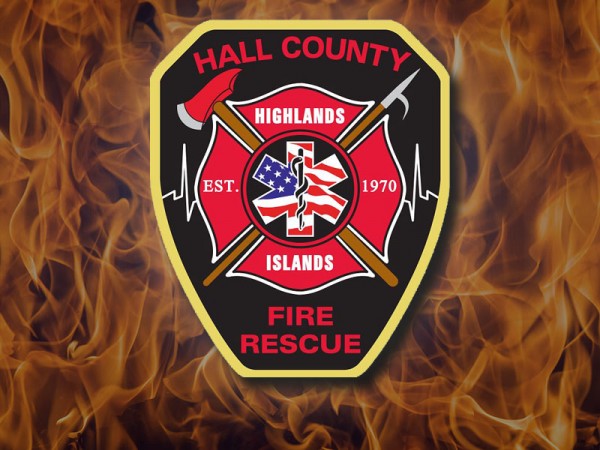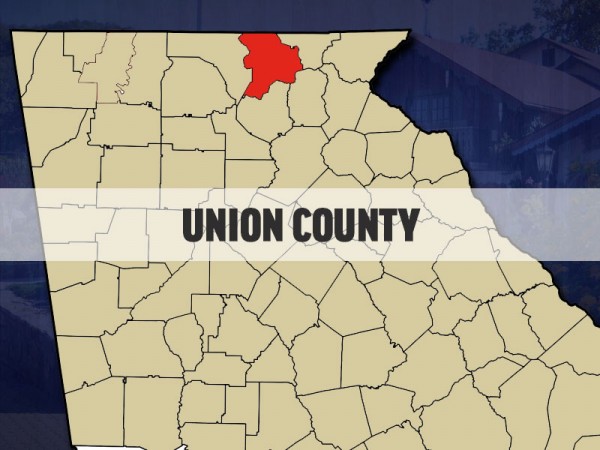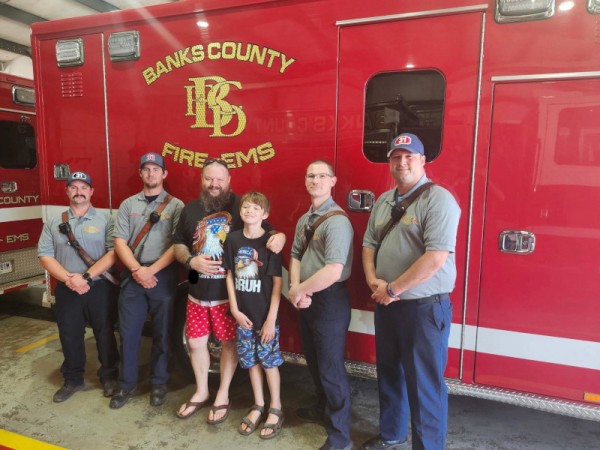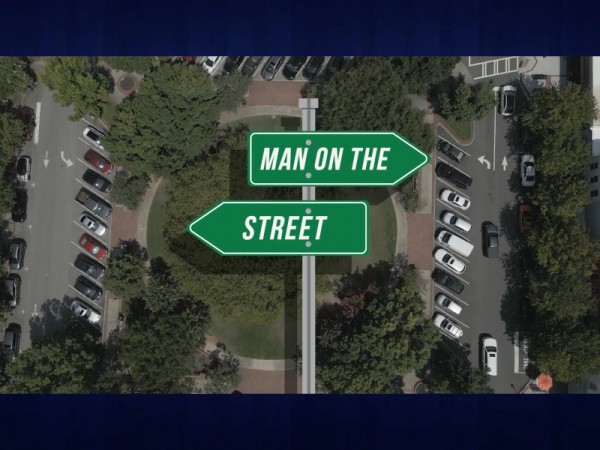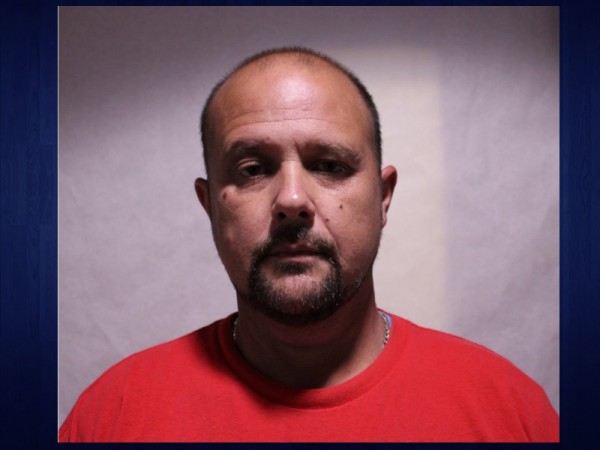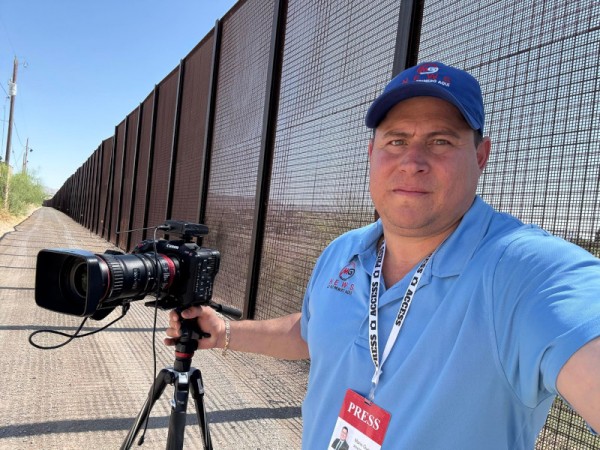This story was first published in 2004 on the occasion of the 60th anniversary of D-Day. Both Mr. Andrews and Mr. Victor are now deceased. Andrews died in 2005; Victor passed away in 2014. The story is presented this year on the 75th anniversary of D-Day just as it was published 15 years ago except for minor time-sensitive editing. However, the quotes and facts surrounding them are unedited.
Bob Andrews of Gainesville and Walter Victor of Dawsonville were among the northeast Georgians who participated in the invasion of France 75 years ago on June 6, 1944.
Andrews, who was 80 at the time of this interview, was a tail-gunner on a B-17 bomber which flew two missions that day in support of the ground troops who went ashore from landing craft that had crossed the choppy English Channel or parachuted in or landed behind the beaches in gliders. Victor, who was 86 when the interview was conducted, was an infantryman and went ashore from a landing craft.
Victor's group actually went in on June 7 but he says he still saw plenty of carnage and German resistance associated with D-Day.
"Bullets were whizzing by you, but, at least if they were whizzing by you, you were still alive because they were missing you," he recalled. "Before we started going ashore, you could hear them 'pinging' against the boat (landing craft)."
Andrews, a retired Gainesville attorney, says from 25,000 feet, he had no idea of the magnitude of what was taking place in the water and on the ground below him.
He knew an invasion was underway, but not until a week later when he saw film taken on the ground during the assault was he aware of what the infantry and the others went through.
Andrews says German resistance in the air was nil.
"I never fired my gun," he said, adding, "the war was actually easier for those of us in the Air Force after D-Day."
He says after the invasion, Germany shifted most of its aerial might to support its efforts on the ground, leaving Allied planes with little air-to-air resistance as they completed bombing runs or engaged in support of ground troops.
Victor, a retired federal government worker, who was also the official photographer for the Atlanta Braves starting when the team arrived in Atlanta in the mid-1960s, says his group pressed ahead past the beaches and into the French interior.
"It was two or three days before we stopped to rest," he said. "I wasn't keeping track of time as we moved forward, but when we did stop, it had been two or three days since we landed."
He recalled seeing evidence that Allied paratroopers and those who came in gliders took heavy casualties.
"We saw parachutes hanging on church steeples and gliders that had broken apart on landing," Victor said.
Andrews said his plane's missions that day were in the interior of France as well.
"We were bombing bridges to cut off supply routes the Germans would use to reinforce troops near the beaches. We went on our first mission and returned to base in England and were told to stay with the plane as it was prepared for another bombing run."
Andrews says the weather was lousy, not good flying weather and certainly not good for bombing. But, he says there were enough breaks in the clouds for them to carry out their missions.
Victor says some of the landing craft ran aground in water that was over the heads of the soldiers they were to deploy. But, he says, there was no other choice but for the troops to move out.
"Some of them drowned right after hitting the water," he said. "They were weighted down with their equipment - some of them 17- and 18-year-old boys. The water was eight feet deep. We had been told it would be three feet."
He says he managed to swim about ten yards and then was able to stand up and wade the rest of the way to shore.
"I can't tell you how good it felt to touch bottom and stand up, but we were still taking a lot of fire. Bullets were striking the water all around us. We were stepping over, around, and on bodies floating in the water, but we had to keep going."
Andrews and Victor said they were both scared. If you weren't, they agreed, there was something wrong with you.


